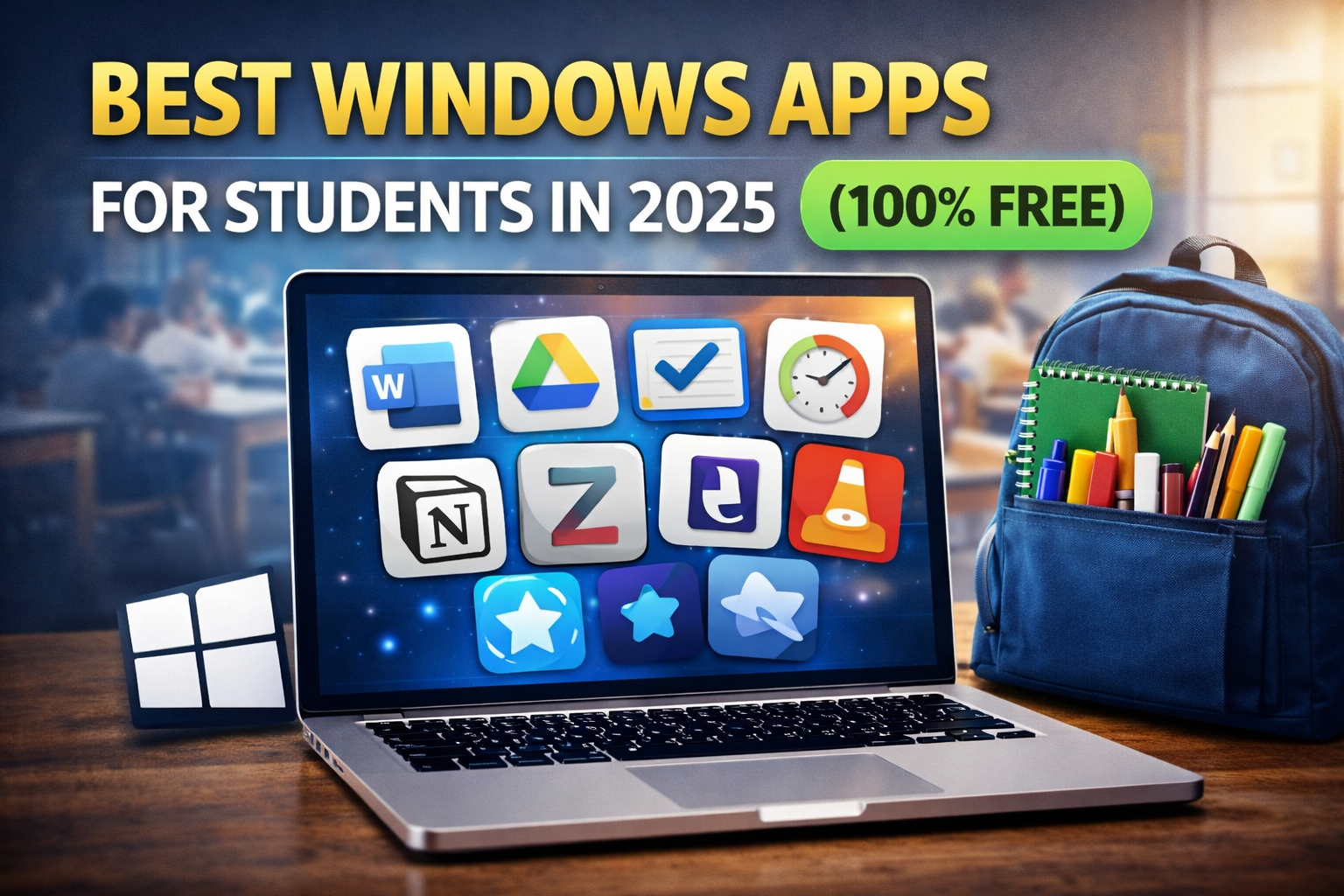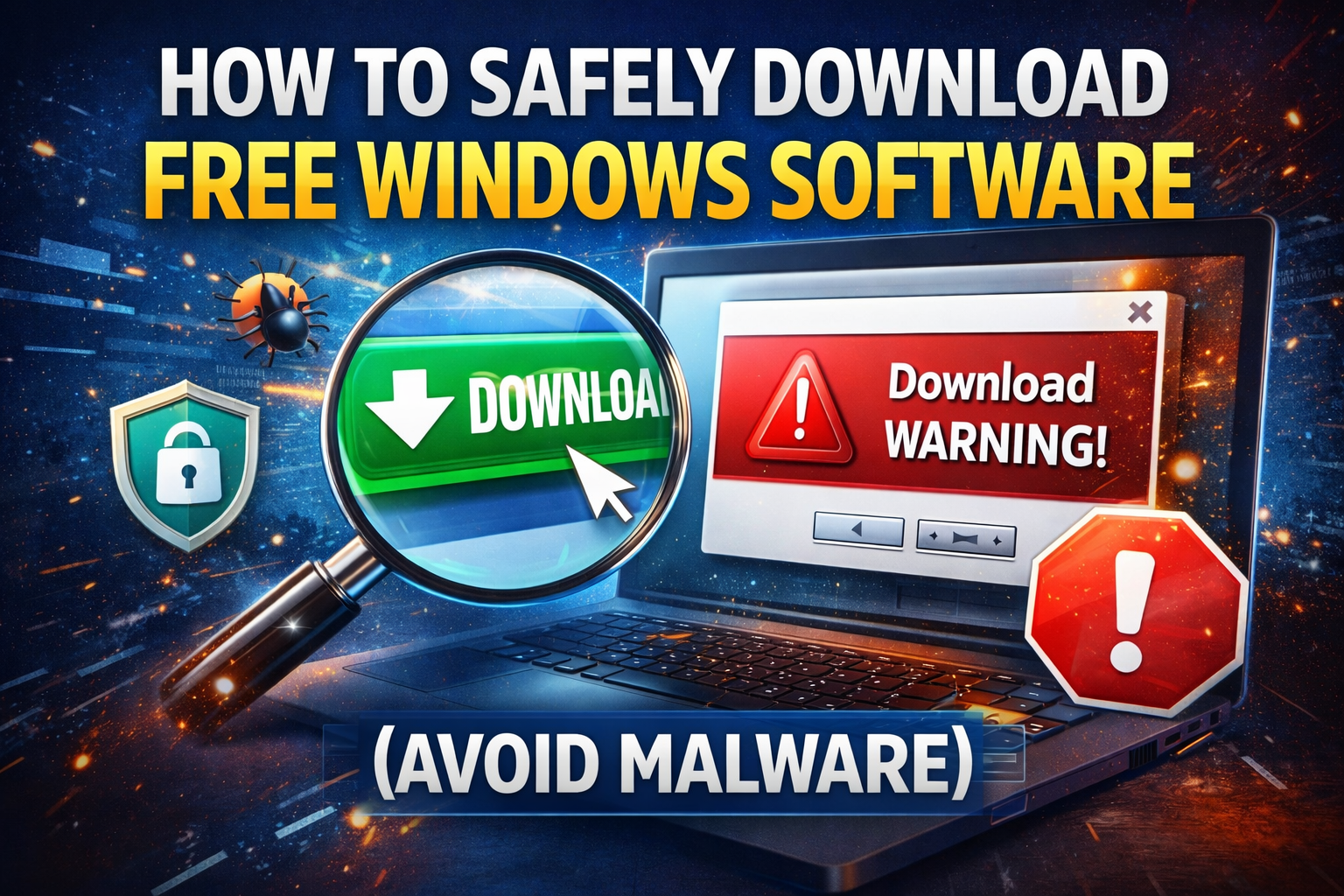

Additional Information
An interpreter for the PostScript language and PDF files
| Latest Version | Ghostscript 10.04.0 (64-bit) |
| Requirements |
Windows XP64/Vista64/Windows 7 64/Windows 8 64/Windows 10 64 |
| Updated | September 21, 2024 |
| Author | Artifex Software, Inc. |
| Category | Office and Business Tools |
| License | Open Source |
| Language | English |
| Download | 728 |
Overview
Ghostscript is an interpreter for PostScript® and Portable Document Format (PDF) files. GPL Ghostscript for Windows PC is a high-performance PostScript and PDF interpreter and rendering engine with the most comprehensive set of page description languages (PDL’s) on the market today and technology conversion capabilities covering PDF, PostScript, PCL and XPS languages.
It has been under active development for over 20 years, and offers an extremely versatile feature set and can be deployed across a wide range of platforms, modules, end uses (embedding in hardware, as an engine in document management systems, providing cloud solution integration and as an engine in leading PDF generators and tools).
GPL Ghostscript 64 bit consists of a PostScript interpreter layer, and a graphics library. The graphics library is shared with all the other products in the family, so all of these technologies are sometimes referred to as Ghostscript, rather than the more correct GhostPDL.
Binaries for the app and (seel below) GhostPDF (included in the binaries) for various systems can be downloaded from here. The source can be found in both the Ghostscript and GhostPDL downloads from the same site.
What are GhostPDL, GhostPCL and GhostXPS?
The graphics library from the app is also used in several product variants – GhostPCL and GhostXPS. These are interpreters for the PCL and XPS file formats respectively. For customers who license all product variants, you may use GhostPDL to download this single archive and conveniently get all versions with one download.
How do I install Ghostscript on Windows?
Download the latest version. If you are unsure whether you want the 32bit or 64bit version, download the 32bit version. Once downloaded, run the installer and follow the on-screen instructions.
How do I view a PDF (or PostScript) with Ghostscript on Windows?
Install the app, then run the PDF you wish to view in an explorer window. If this does not start the program, then you may need to fiddle with your filetype settings. It's an interpreter, not a viewer. As such it offers almost no UI.
It has been under active development for over 20 years, and offers an extremely versatile feature set and can be deployed across a wide range of platforms, modules, end uses (embedding in hardware, as an engine in document management systems, providing cloud solution integration and as an engine in leading PDF generators and tools).
GPL Ghostscript 64 bit consists of a PostScript interpreter layer, and a graphics library. The graphics library is shared with all the other products in the family, so all of these technologies are sometimes referred to as Ghostscript, rather than the more correct GhostPDL.
Binaries for the app and (seel below) GhostPDF (included in the binaries) for various systems can be downloaded from here. The source can be found in both the Ghostscript and GhostPDL downloads from the same site.
What are GhostPDL, GhostPCL and GhostXPS?
The graphics library from the app is also used in several product variants – GhostPCL and GhostXPS. These are interpreters for the PCL and XPS file formats respectively. For customers who license all product variants, you may use GhostPDL to download this single archive and conveniently get all versions with one download.
How do I install Ghostscript on Windows?
Download the latest version. If you are unsure whether you want the 32bit or 64bit version, download the 32bit version. Once downloaded, run the installer and follow the on-screen instructions.
How do I view a PDF (or PostScript) with Ghostscript on Windows?
Install the app, then run the PDF you wish to view in an explorer window. If this does not start the program, then you may need to fiddle with your filetype settings. It's an interpreter, not a viewer. As such it offers almost no UI.
Previous versions More »
10.04.0
September 21, 2024
61.6 MB
10.03.1
May 21, 2024
61.6 MB
10.03.0
March 09, 2024
61.6 MB
10.02.1
November 03, 2023
61.7 MB
10.02.0
September 15, 2023
61.7 MB
10.01.2
June 25, 2023
61.8 MB










No comments yet. Be the first to comment!